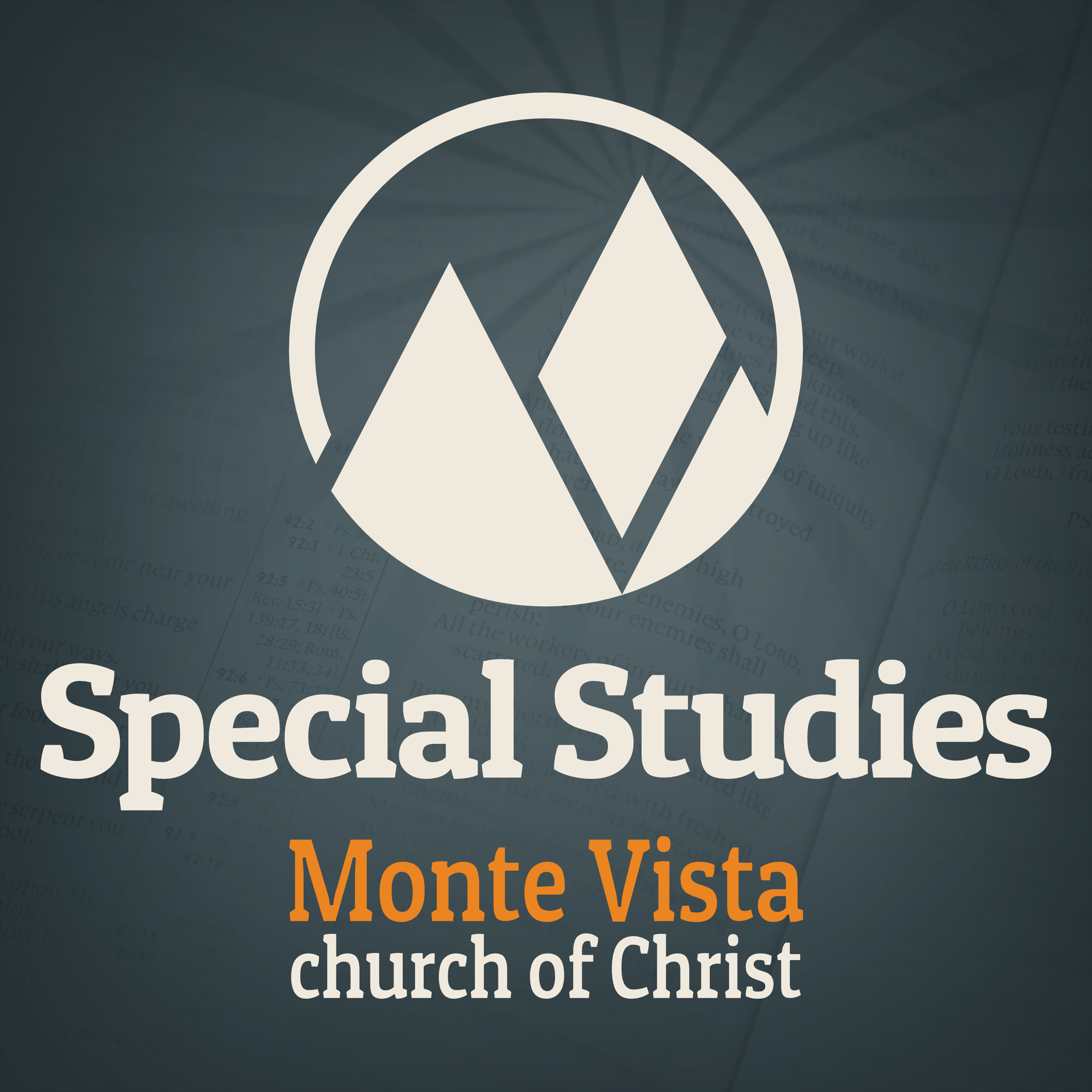Key Scripture Readings: Matthew 7:7-14
Summary
- Prayer was a big part of Jesus’ life. The gospel contains several instances where Jesus devotes Himself to prayer (Mark 1:35; Luke 5:15-16, 6:12; Matthew 26:36-46; John 17:1-26).
- Jesus also taught His disciples how to pray (Luke 11:1-4). Amazingly, feeble human beings have the privilege to talk to God at any time, and they can trust that He will hear them.
- In Matthew 7:7-10, Jesus urges disciples to use prayer as a mechanism to seek, ask and knock. These verses do not teach that God will give disciples anything that they want when they pray. God is not a genie in a bottle! Prayer is not a blank check that God gives His children. God did not even give Jesus everything He asked for when He prayed (Matthew 26:39).
- Matthew 7:11 is the key verse of this section. Jesus wants His followers to understand that prayer is about trusting in the goodness of God. Just like a good earthly father will always act in His children’s best interest, the heavenly Father will as well.
- What father would give his child a rock when he is hungry (Matthew 7:9)? What father would give his child a snake instead of a fish to eat (Matthew 7:10)? Good earthly fathers always give their children what they need. Likewise, the heavenly Father always gives His children what they need.
- Matthew 7:12 may be the most well-known verse in the Sermon on the Mount. It is not enough for disciples to avoid harming others. Jesus wants His people also to be doers. He wants them to be actively serving and helping others. The requirement to do good to others is at the core of God’s law (Matthew 22:34-40).
- In Matthew 7:13-14, the Lord describes two spiritual paths. Every person is traveling on one of these two paths. The broad path leads to eternal destruction and separation from God. Sadly, most people are traveling on this path. The narrow path leads to eternal life in heaven with God. Only a few are traveling on this path. This is a reality that is revealed throughout the Bible. Only eight were saved in the days of Noah (1 Peter 3:20). Only three were saved from Sodom and Gomorrah (Genesis 19:24-38). Only a small remnant returned to Jerusalem following the Babylonian captivity.
- God allows every person to choose their spiritual path (Joshua 24:15; Psalm 1:1-6). The ability to do this is part of being made in God’s image. No one is predestined to be lost or saved. Everyone can choose to serve God and receive eternal life or reject Him and be eternally lost.
Study Questions
- Why is it wrong to believe that God will give us anything we want when we pray? What harm would earthly parents do to their children if they gave them everything they requested?
- What should we expect when we pray? Why should we expect this?
- What kind of things should we pray for? What often stands in the way of us praying for the right kinds of things?
- What things can hinder us from obeying the command of Matthew 7:12? How do we overcome these hindrances?
- Why are people more inclined to take the broad path that leads to destruction? Why do only a few find the narrow path that leads to life?
- If God wants all men to be saved, why does He allow them to choose their spiritual path? Why doesn’t God make it so that every person is put on the right path?
